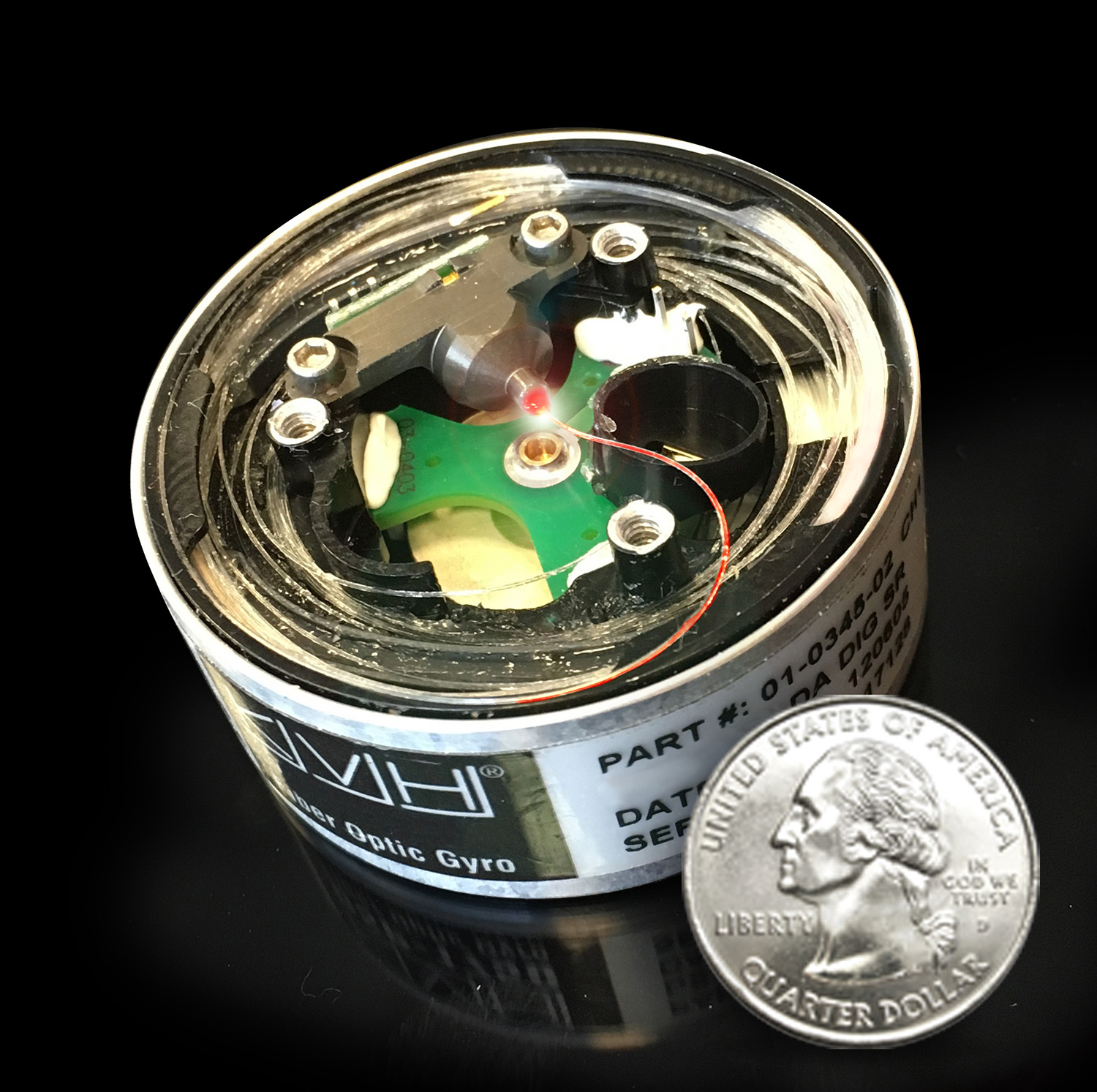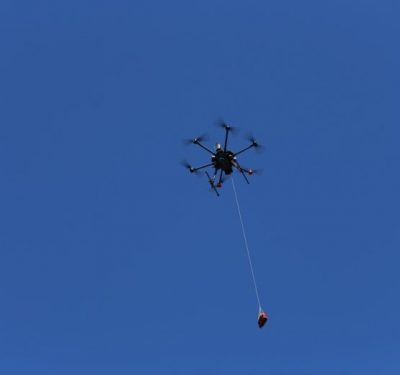
KVH Industries recently announced plans to develop a fiber optic gyro (FOG)-based, low-cost inertial sensor for driverless cars. The company also has introduced a Developer’s Kit to support integration and testing of FOB-based IMUs into self-driving cars.
The Developer’s Kit includes the user interface software and everything needed to connect a KVH FOG or FOG-based IMU to a computer to configure, analyze and test the unit, according to a news release.
“Extremely precise heading based on fiber optic gyro technology is absolutely essential for autonomous vehicle performance. This is something we learned from having been involved with more than a dozen driverless car development programs over the years,” said Martin Kits van Heyningen, KVH’s chief executive officer, according to the release. “What we are seeing now is that each driverless vehicle concept in development around the world is being designed in a unique way. With so many different possibilities, developers can accelerate their progress by working with a proven technology such as KVH’s FOGs and FOG-based IMUs and leveraging our experience to ensure their success.”
FOGs provide precise azimuth measurements that an autonomous car’s logic processing unit and control systems need to determine motion through a curve, according to the release. An IMU provides an accurate 6-degrees-of-freedom angular rate and acceleration data to precisely track the position and orientation of the car even when GPS is unavailable.
The company’s FOGs and FOG-based IMU are being used in prototype programs for driverless cars as well as production programs for underwater unmanned vehicle navigation and rail/track geometry measurement systems.






